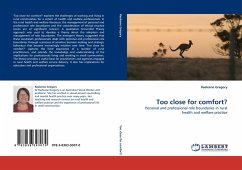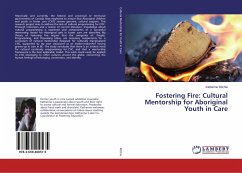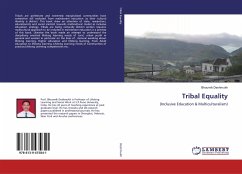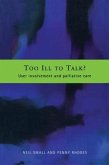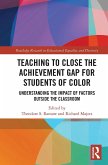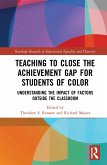'Too close for comfort?' explores the challenges of working and living in rural communities for a cohort of health and welfare professionals. In the rural health and welfare literature, the management of personal and professional role boundaries and the consideration of ethical practice issues are of significant concern. A qualitative Grounded Theory approach was used to develop a theory about the adoption and management of role boundaries. The emergent theory suggested that these Australian professionals dealt with personal and professional role boundaries through a process of sensitive decision-making and strategic behaviour that became increasingly intuitive over time. 'Too close for comfort?' captures the lived experience of a number of rural practitioners, and extends the knowledge and understanding of the implications for professionals living and working in small communities. The theory provides a useful base for practitioners and agencies engaged in rural health and welfare service delivery. It also has implications for educators and professional organisations.

